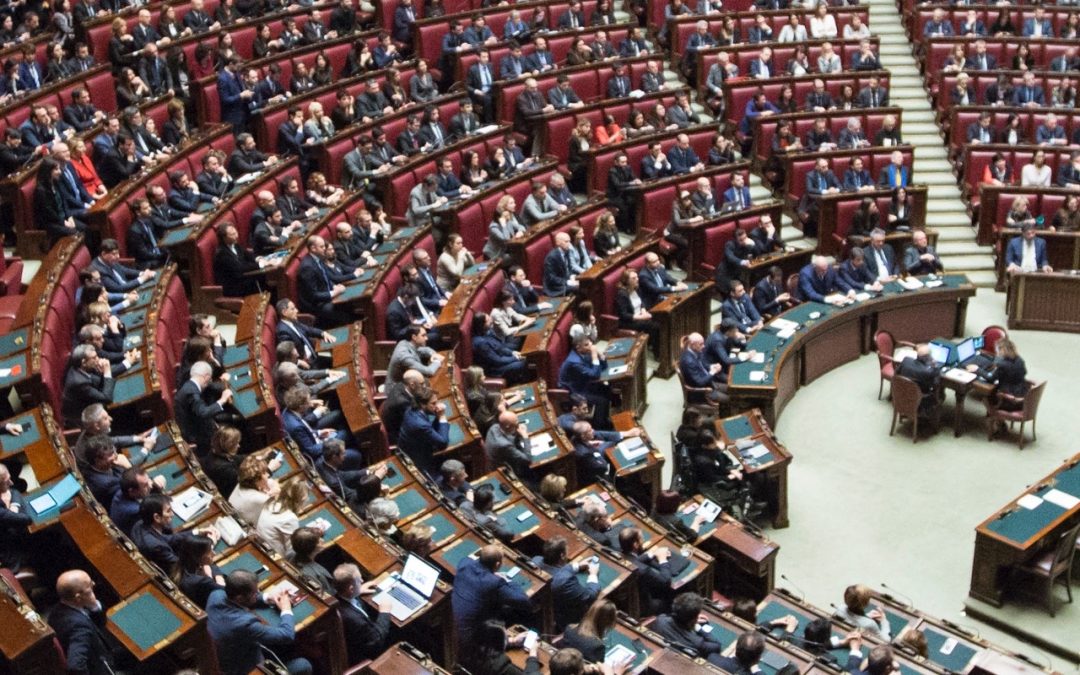“Above all, the common outcry, which is justly made on behalf of human rights—for example, the right to health, to home, to work, to family, to culture—is false and illusory if the right to life, the most basic and fundamental right and the condition for all other personal rights, is not defended with maximum determination.”
St. John Paul II, Christifideles Laici 38
St. John Paul II’s words from 1988 remind us of our unending call to defend civil and human rights beginning with the fundamental right to life. Now more than ever, Church leaders and the lay faithful must recognize that the protection of the unborn and the right to life—the bedrock of all other civil rights and human rights—will be determined by the outcome of today’s national health care debate. Medicare for All proposals, which have significant support in Congress and among the general public, present the gravest dangers to the unborn and to human freedom since Roe v. Wade. Catholic clergy, religious, and lay faithful must respond to this danger by advocating for a person-centered, accessible, and affordable health care system that protects the poor and vulnerable, and ushers in a true culture of life.
Our country may only be two years away from a Medicare for All styled, single-payer health care system where nearly all Americans would be forced into federal government-run health care. In the past six months, Medicare for All bills have been introduced in both the U.S. House of Representatives and the U.S. Senate, with over 100 legislators signing on as cosponsors—including 4 Senators who are serious presidential candidates. On April 30th, the U.S. House Committee on Rules held a hearing on Medicare for All, reportedly the first hearing on legislation of this kind in Congressional history.
These Medicare for All proposals seek to establish a federal abortion mandate across the health care industry, effectively eliminate religious freedom for patients and health care consumers, andforce medical providers to perform procedures contrary to their religious or moral objections. Similarly, under these proposals, patient’s freedom and control over their own health care decisions is seriously undermined. If these proposals become law, it is difficult to see how authentically Catholic health care can survive.
As St. John Paul II proclaimed, the right to life is the right upon which every other civil and human right depends. Medicare for All would damage our civil rights laws and fast- track the implosion of American civil rights legal theory. A federal abortion mandate would cement the false link between ending an innocent human life and health care while eroding the bioethical guardrails that protect patient dignity at the end of life. With these civil rights abuses justified, all other civil rights abuses in health care would consequently become legitimized over time.
We cannot simply reject socialized medicine. Rather, we must propose a new health care system that empowers patient freedom, lowers costs, and provides a strong social safety net for the materially impoverished, those with pre-existing conditions, and those who are otherwise vulnerable. In order to rebuild our health care system, we must first recognize that we cannot wait any longer to act and engage today’s health care debate. The outcome of this debate will be the canary in the coal mine as to whether human freedom survives in America.
Louis Brown is the Executive Director of the Christ Medicus Foundation. He is a graduate of Michigan State University and has a juris doctorate from Howard University School of Law. He worked as a private practice attorney, and later served as an Asso- ciate Director, Social Concerns, for a state Catholic Conference. He has worked as a congressional staffer and legislative counsel for a Catholic pro-life Congressman on Capitol Hill where he advised him on health care, among other issues, and served as his liaison to the U.S. House Committee on the Judiciary. In 2014 Louis helped establish the Catholic health care sharing option, CMF CURO, and served as the Director until 2017, when he received a political appointment and joined the U.S. Department of Health and Human Services in Washington, D.C. In 2019 he returned to the Christ Medicus Foundation.

